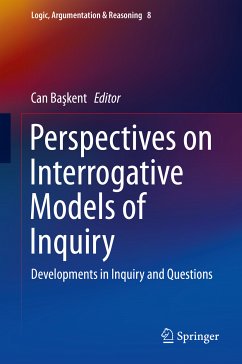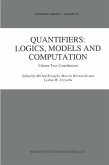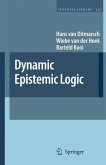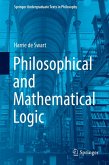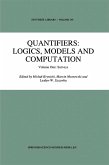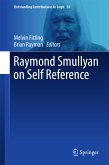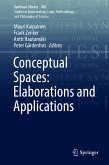Hintikka's theory of inquiry is a well-known example of a dynamic epistemic procedure. In an interrogative inquiry, the inquirer is given a theory and a question. He then tries to answer the question based on the theory by posing questions to nature or an oracle. The initial formulation of this procedure by Hintikka is rather broad and informal. This volume introduces a carefully selected responses to the issues discussed by Hintikka.
The articles in the volume were contributed by various authors associated with a research project on Hintikka's interrogative theory of inquiry conducted in the Institut d'Histoire et de Philosophie des Sciences et des Techniques (IHPST) of Paris, including those who visited to share their insight.
Dieser Download kann aus rechtlichen Gründen nur mit Rechnungsadresse in A, B, BG, CY, CZ, D, DK, EW, E, FIN, F, GR, HR, H, IRL, I, LT, L, LR, M, NL, PL, P, R, S, SLO, SK ausgeliefert werden.

